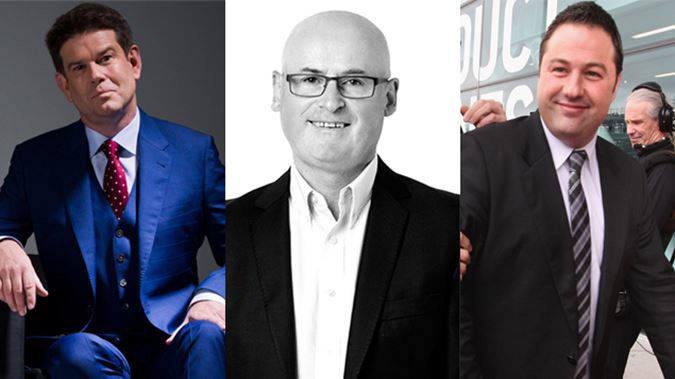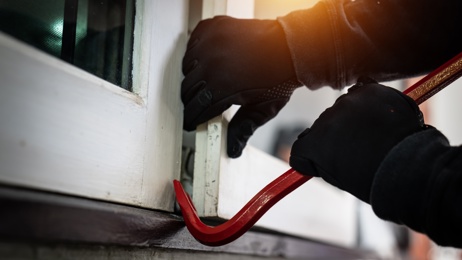
Rachel Smalley does well not to back down today on the conversation that she has rightly opened up about the diversity of voices in our prime time media and the fact that, with one exception, they are white males. This discussion is not, as Smalley and others point out, about any of the personalities involved. I am sure I echo the sentiment of many Kiwis when I say that we are very glad that John Campbell has not been lost to the prime time media voice as, amongst other things, he continues to challenge our nation to address some of the serious social issues that we face and that has had great results. Long may that continue.
It is his appointment, however, that has been one of the proverbial ‘last nails in the coffin’ which frames the issue. In the narrow frame the issue which Smalley raises is one of diversity in our prime time media, which as a member of the New Zealand public, I think is very important. In the wider frame it highlights an issue that is, I observe, quickly shut down in public debate in our society, by men and women alike, about the representation of women in all spheres of leadership in Aotearoa-New Zealand.
Despite being the first nation to give women the vote, research in the last half a decade by a number of agencies, including the Human Rights Commission, continues to reinforce that women are sorely under-represented in areas of governance and leadership across all sectors of our society and that, on the world stage, we continue to sink down the rankings.
In challenging us to think about diversity it is also very disappointing that Smalley is criticised, by both women and men, for being motivated by ‘sour grapes’. The criticisms have been sharp, more directed at her in fact and away from the issue. In my observation criticism like this can often suggest that those commenting have aspirations for the same positions and aren’t prepared to take the risk of jeopardising that possibility, which Smalley may have just done, by raising the issues.
Prior to being ordained as an Anglican Priest I was a lawyer. It was an extraordinary day last Friday when, for the first time in its 153 history, the bench of the Court of Appeal was all women. Extraordinary first in how encouraging that it is, but also extraordinary in that it took so long. Our law schools, in any one year, might produce more female graduates than male, but that is not tracking through to senior positions adequately. Now as an Anglican priest I have the privilege of working with almost equal numbers of male and female clergy. I have just returned from a Conference of Anglican Deans throughout Australia, Aotearoa-New Zealand and Polynesia. Of the 37 Cathedrals, 2 have female Deans. Representation of women is not translating to senior positions. Public sector, media, not-for-profit, corporate - this is a conversation for us all, and we need to have it.
A decade or three ago some milestones were reached in our nation as we saw the first appointments of women in senior positions such as Governor General, Prime Minister, Chief Justice and Bishops. We began to see some change in management and governance, on our TV screens and across our airwaves.
As I seek to talk to my own children about this conversation, I am challenged that we have let the conversation go quiet and, in so doing, things are not getting better. I have been at a meeting today of women leaders across the sectors, corporate and not-for-profit, and together we are glad that Rachel Smalley has stuck her head above the parapet – also not a very acceptable thing for a Kiwi to do - and challenged us to reflect and to talk.
In that diversity conversation we must also, of course, take the frame wider and ask where, for example, are the Maori and Pasefika perspectives being heard?
We don’t all have to agree when public discussion takes place, but to say there is no issue here is clearly not the case. If nothing else, the point Smalley raises invites everyone to consider whether the lack of diversity in our prime time radio voices and their perspective is a good thing for us, and our nation, or not. I can’t help concluding with her that it is not.
The Very Reverend Jo Kelly-Moore, Dean of Auckland.
Take your Radio, Podcasts and Music with you









